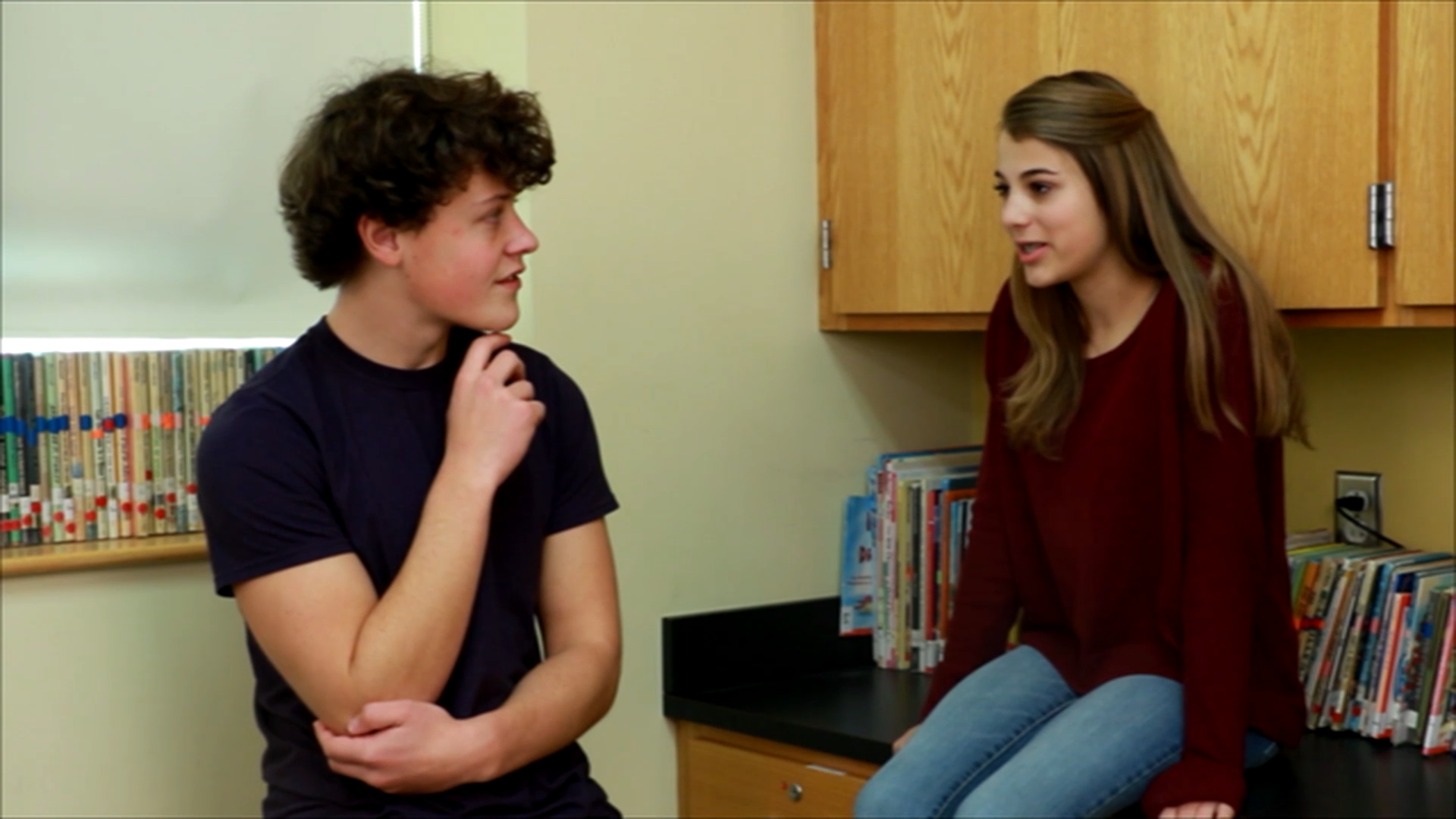Special education professionals play a crucial role in developing and fostering essential skills in students with unique learning needs. One such vital skill is the ability to gauge and respond to social cues, which is crucial for students’ overall learning, social interactions, and wellbeing. This blog post will guide you in creating effective IEP goals to improve social interaction skills in kindergarten students.
Understanding Social Interaction Skills
Social interaction skills encompass a student’s ability to interpret and engage in verbal and non-verbal communication, such as asking questions, interpreting body language, and recognizing excitement in others. Developing these skills enables students to form meaningful connections, participate in group activities, and navigate various social situations.
The Role of Specialists
Each specialist can support the development of social interaction skills in students:
- Speech-Language Pathologists: Assist in enhancing verbal communication and understanding non-verbal cues.
- Social Workers: Provide guidance on social situations and help students build relationships.
- Psychologists: Address underlying emotional or behavioral challenges that may affect social interactions.
- School Counselors: Offer strategies for navigating social situations and foster a positive school environment.
IEP Goals for Social Interaction Skills
Here are some SMART IEP goals to improve social interaction skills in kindergarten students, along with suggested strategies and activities:
Goal 1: Improve Question-Asking Skills
By the end of the school year, the student will demonstrate the ability to ask appropriate questions in response to a peer’s statement or question, as measured by teacher observations and assessments.
- Role-play conversations with peers.
- Teach question words and phrases (e.g., who, what, when, where, why, how).
- Provide sentence starters to prompt question-asking.
Goal 2: Interpret Body Language
By the end of the school year, the student will accurately identify and interpret common non-verbal cues, such as nodding or following along, in 80% of opportunities as measured by teacher observations and assessments.
- Use visual aids to demonstrate different body language cues.
- Practice identifying body language cues in real-life situations.
- Discuss the meaning behind various non-verbal cues.
Goal 3: Recognize Excitement in Others
By the end of the school year, the student will accurately recognize signs of excitement in their peers during conversations in 80% of opportunities, as measured by teacher observations and assessments.
- Teach students how to identify tone of voice and facial expressions.
- Role-play scenarios where excitement is expressed.
- Encourage students to share their interests and observe others’ reactions.
Implementing and Measuring Progress
Implement these goals by incorporating them into daily lessons and activities, and collaborate with specialists to provide targeted support. Monitor progress through regular observations and assessments, and adjust strategies as needed to ensure continuous growth.
Conclusion
By developing and implementing effective IEP goals for social interaction skills, educators can help Kindergarten students thrive in their learning environment and social interactions. We encourage you to apply these goals and strategies in your classroom and observe the positive impact on your students. Don’t forget to share your experiences and insights with fellow educators!
Explore more resources and sample materials to support your students’ social interaction skills at Everyday Speech Sample Materials.






